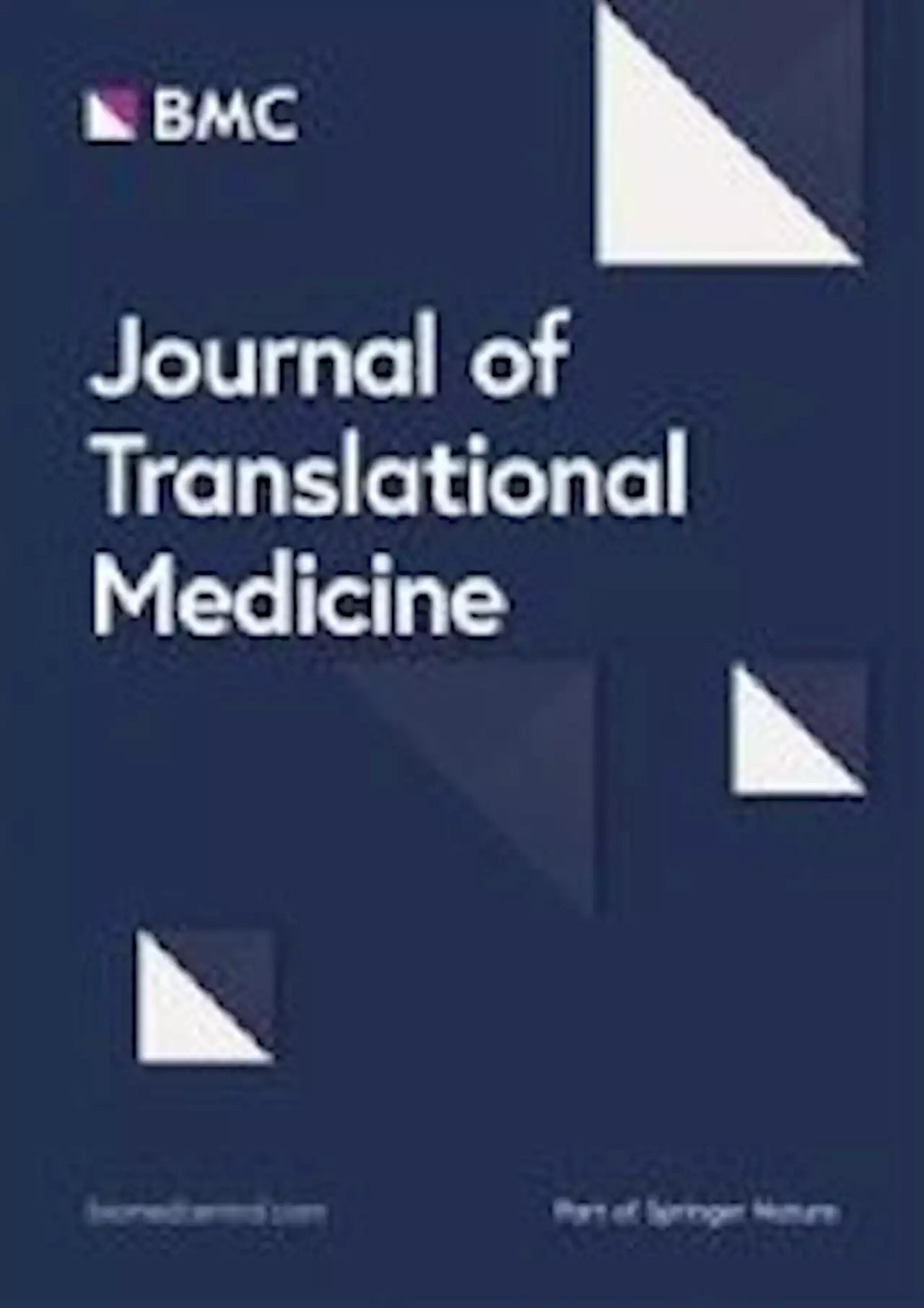A study in the Journal of Translational Medicine finds that pacing, activity management used in Chronic Fatigue Syndrome, is also effective in patients with post COVID-19 syndrome, and high levels of adherence to pacing are associated with better outcomes.
However, to our knowledge, the relevance of pacing strategies in PCS patients has not yet been assessed. Based on our positive experience with pacing at our national referral center for ME/CFS patients, we conducted this study to assess the effectiveness of pacing strategies in managing the symptoms of patients with PCS, especially in terms of reducing fatigue levels and preventing PEM occurrence.
The initial and different follow-up assessments of all patients were standardized and conducted by the same physician. Each assessment included taking a detailed medical history and a thorough physical examination. Patients were systematically asked about their employment activity, time at the workplace and travel to and from work, sick leave, and whether they returned to work or not.
United Kingdom Latest News, United Kingdom Headlines
Similar News:You can also read news stories similar to this one that we have collected from other news sources.
 Confidence in Science Fell in 2022—Especially Along Political LinesIn 2022, 39% of U.S. adults said they had “a great deal of confidence” in the scientific community, down from 48% in 2021
Confidence in Science Fell in 2022—Especially Along Political LinesIn 2022, 39% of U.S. adults said they had “a great deal of confidence” in the scientific community, down from 48% in 2021
Read more »
 Swallowing rehabilitation using a chin tuck against resistance with feedback - On MedicineIn a blog about improving the safety of swallowing in older people, David G Smithard BSc MBBS MD FRCP FRCSLT(Hon) discusses CTAR-SwiFt, a study of a swallowing exercise rehabilitation intervention, registered at the ISRCTN registry.
Swallowing rehabilitation using a chin tuck against resistance with feedback - On MedicineIn a blog about improving the safety of swallowing in older people, David G Smithard BSc MBBS MD FRCP FRCSLT(Hon) discusses CTAR-SwiFt, a study of a swallowing exercise rehabilitation intervention, registered at the ISRCTN registry.
Read more »
 Disease-specific health spending by age, sex, and type of care in Norway: a national health registry study - BMC MedicineBackground Norway is a high-income nation with universal tax-financed health care and among the highest per person health spending in the world. This study estimates Norwegian health expenditures by health condition, age, and sex, and compares it with disability-adjusted life-years (DALYs). Methods Government budgets, reimbursement databases, patient registries, and prescription databases were combined to estimate spending for 144 health conditions, 38 age and sex groups, and eight types of care (GPs; physiotherapists & chiropractors; specialized outpatient; day patient; inpatient; prescription drugs; home-based care; and nursing homes) totaling 174,157,766 encounters. Diagnoses were in accordance with the Global Burden of Disease study (GBD). The spending estimates were adjusted, by redistributing excess spending associated with each comorbidity. Disease-specific DALYs were gathered from GBD 2019. Results The top five aggregate causes of Norwegian health spending in 2019 were mental and substance use disorders (20.7%), neurological disorders (15.4%), cardiovascular diseases (10.1%), diabetes, kidney, and urinary diseases (9.0%), and neoplasms (7.2%). Spending increased sharply with age. Among 144 health conditions, dementias had the highest health spending, with 10.2% of total spending, and 78% of this spending was incurred at nursing homes. The second largest was falls estimated at 4.6% of total spending. Spending in those aged 15–49 was dominated by mental and substance use disorders, with 46.0% of total spending. Accounting for longevity, spending per female was greater than spending per male, particularly for musculoskeletal disorders, dementias, and falls. Spending correlated well with DALYs (Correlation r = 0.77, 95% CI 0.67–0.87), and the correlation of spending with non-fatal disease burden (r = 0.83, 0.76–0.90) was more pronounced than with mortality (r = 0.58, 0.43–0.72). Conclusions Health spending was high for long-term disabilities in older age groups.
Disease-specific health spending by age, sex, and type of care in Norway: a national health registry study - BMC MedicineBackground Norway is a high-income nation with universal tax-financed health care and among the highest per person health spending in the world. This study estimates Norwegian health expenditures by health condition, age, and sex, and compares it with disability-adjusted life-years (DALYs). Methods Government budgets, reimbursement databases, patient registries, and prescription databases were combined to estimate spending for 144 health conditions, 38 age and sex groups, and eight types of care (GPs; physiotherapists & chiropractors; specialized outpatient; day patient; inpatient; prescription drugs; home-based care; and nursing homes) totaling 174,157,766 encounters. Diagnoses were in accordance with the Global Burden of Disease study (GBD). The spending estimates were adjusted, by redistributing excess spending associated with each comorbidity. Disease-specific DALYs were gathered from GBD 2019. Results The top five aggregate causes of Norwegian health spending in 2019 were mental and substance use disorders (20.7%), neurological disorders (15.4%), cardiovascular diseases (10.1%), diabetes, kidney, and urinary diseases (9.0%), and neoplasms (7.2%). Spending increased sharply with age. Among 144 health conditions, dementias had the highest health spending, with 10.2% of total spending, and 78% of this spending was incurred at nursing homes. The second largest was falls estimated at 4.6% of total spending. Spending in those aged 15–49 was dominated by mental and substance use disorders, with 46.0% of total spending. Accounting for longevity, spending per female was greater than spending per male, particularly for musculoskeletal disorders, dementias, and falls. Spending correlated well with DALYs (Correlation r = 0.77, 95% CI 0.67–0.87), and the correlation of spending with non-fatal disease burden (r = 0.83, 0.76–0.90) was more pronounced than with mortality (r = 0.58, 0.43–0.72). Conclusions Health spending was high for long-term disabilities in older age groups.
Read more »
 Substance P neuropeptides' role in post-COVID-19 conditions suggested in recent studySubstance P neuropeptides' role in post-COVID-19 conditions revealed in recent study Tachykinins Neuroimmune PostCOVID SubstanceP neuropeptide LancetMicrobe
Substance P neuropeptides' role in post-COVID-19 conditions suggested in recent studySubstance P neuropeptides' role in post-COVID-19 conditions revealed in recent study Tachykinins Neuroimmune PostCOVID SubstanceP neuropeptide LancetMicrobe
Read more »
 Three Wuhan scientists 'world's first Covid patients when experiment went wrong'So-called Patients Zero included Ben Hu, Ping Yu and Yan Zhu who were all researching SARS-like viruses at the Wuhan Institute of Virology, according to an investigation.
Three Wuhan scientists 'world's first Covid patients when experiment went wrong'So-called Patients Zero included Ben Hu, Ping Yu and Yan Zhu who were all researching SARS-like viruses at the Wuhan Institute of Virology, according to an investigation.
Read more »
